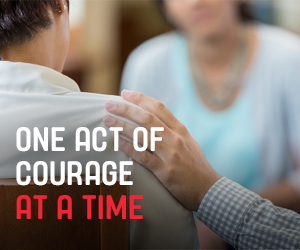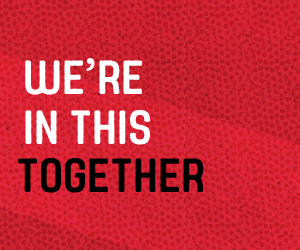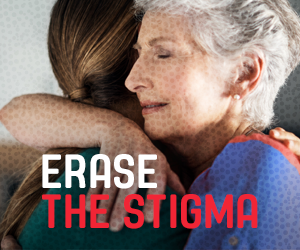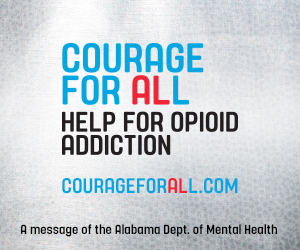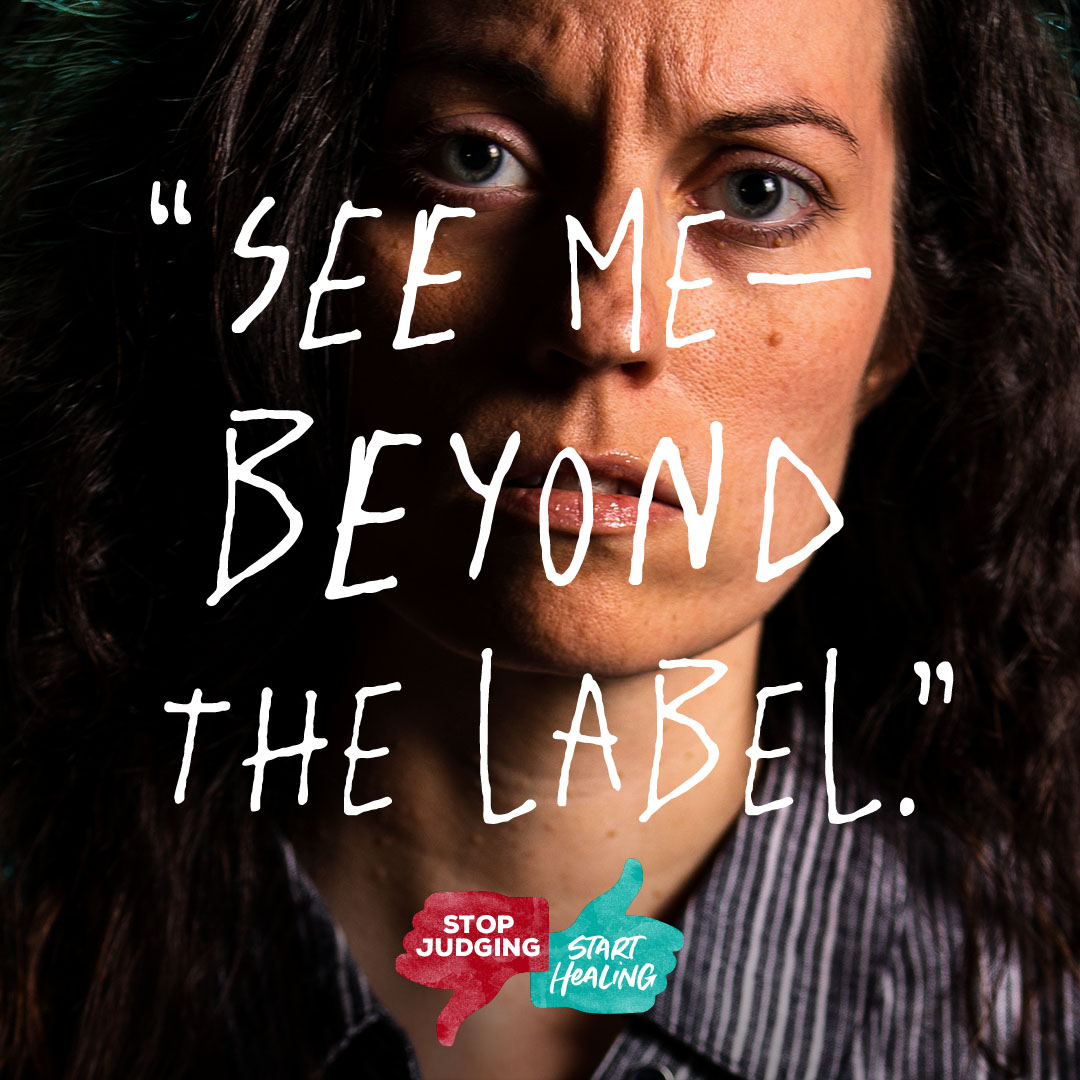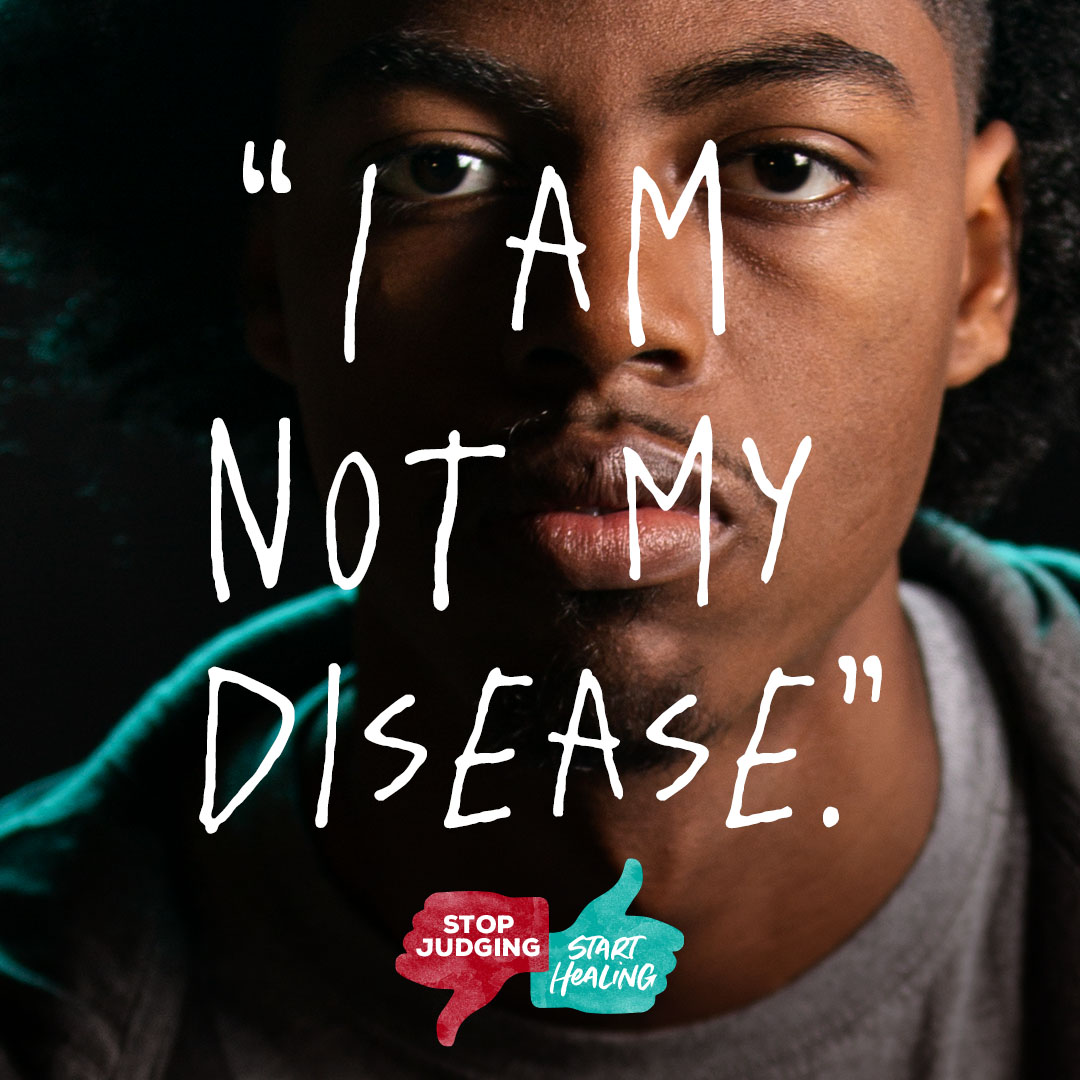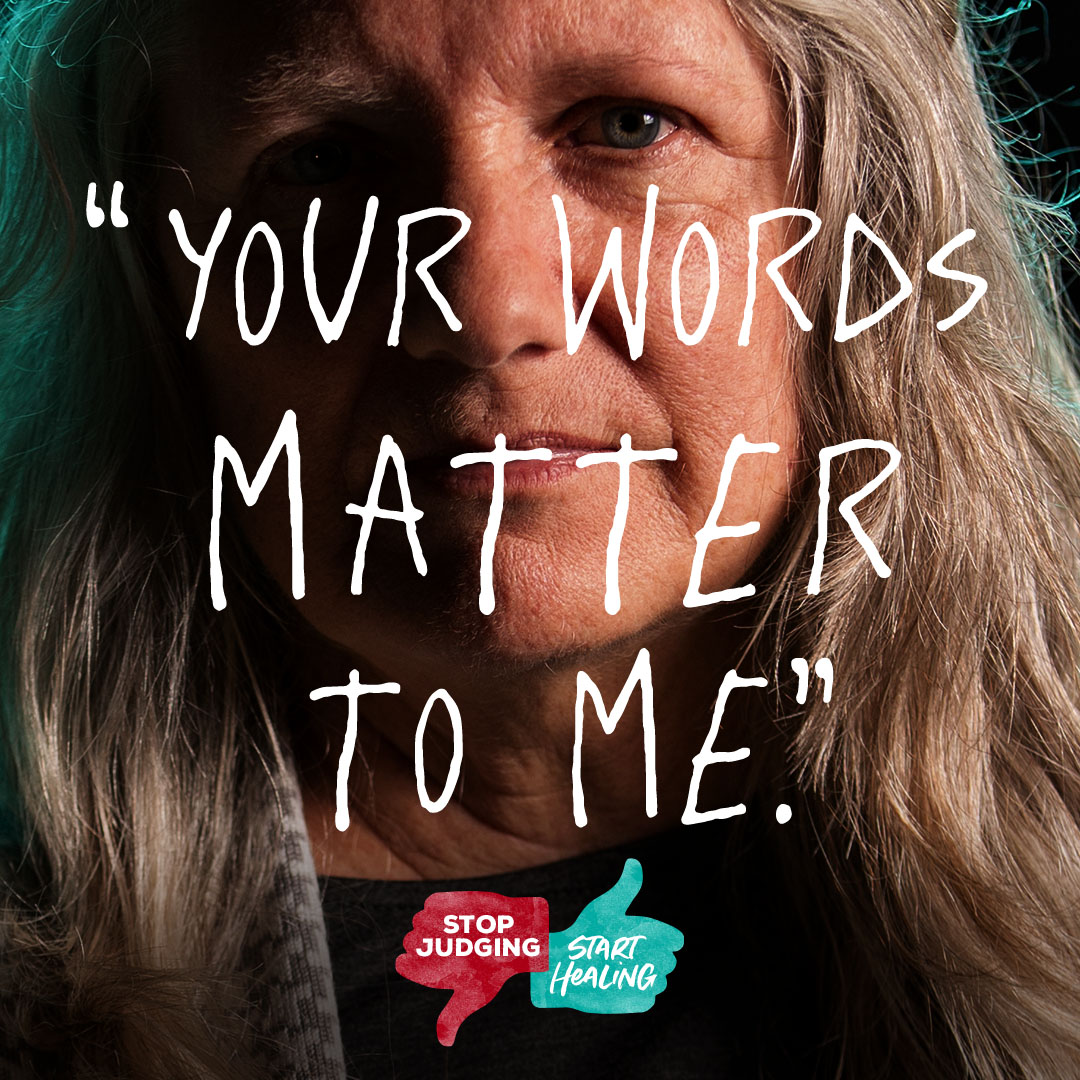Alabama Rural Counties Drug Court Treatment Expansion Project
This grant will expand treatment services for non-violent, criminal offenders with substance use disorders and/or co-occurring substance use disorders and mental health illnesses who are enrolled in drug courts in five rural Alabama counties: Dallas, Wilcox, Butler, Crenshaw, and Lowndes. The current capacity of the selected courts is 45 people. The project will expand services to an additional 60 people, allowing the courts to see 105 people annually and 525 over the five-year grant period. The grant goals include: 1) increasing the capacity of the selected courts to provide treatment for substance use disorders and/or co-occurring mental health disorders: and 2) decreasing the gaps in the continuum of treatment to individuals with substance use disorders and/or co occurring mental illnesses. This is a SAMHSA-funded grant.
State Opioid Response 2 & 3 (SOR2 & SOR3)
Federally funded grants aimed at reducing the opioid overdose and opioid death rates in Alabama. SOR2 and SOR3 cover the entire state of Alabama and include individuals with a Stimulant Use Disorder (SUD). Both grants provide MAT with FDA-approved medications and clinical services using evidence-based curriculum to individuals diagnosed with an Opioid Use Disorder (OUD). Individuals diagnosed with SUD are provided with clinical services, case management, and peer services. SOR2 and SOR3 also provide Narcan to first responders and community members. These are SAMHSA-funded grants.
Project FREEDOM (First Responder Expansion of Education and Distribution of Overdose Medication)
This grant is a targeted initiative that focuses on reducing opioid overdose deaths in rural Alabama through training local EMS workers and municipality and volunteer fire personnel on Narcan administration, increasing the supply of Narcan to certified personnel, referring overdose survivors to treatment and support services, and a media campaign on the Good Samaritan Law. The counties targeted in this grant are Blount, Cullman, Etowah, Fayette, Franklin, Jackson, Lawrence, Marion, Marshall, Morgan, St. Clair, Shelby Walker, and Winston. The unduplicated training count will be a total of 4000 first responders over the four-year project period. This is a SAMHSA-funded grant.
Recovery Housing Initiative
The ADMH Housing Initiative for individuals with a substance use disorder began as a result of the opioid crisis. It was initially designed specifically for people who were receiving Medications for an Opioid Use Disorder (MOUD) in combination with treatment services, traditionally called MAT (Medication Assisted Treatment). Due to the current pandemic, the initiative has since been expanded and individuals with any substance use disorder may receive housing services. Recovery houses apply and are approved through ADMH to provide such services. In addition, ADMH has created an emergency housing initiative. ADMH-approved recovery houses may receive emergency housing funds for those individuals who are unable to engage in a program of recovery while they are waiting on residential placement because their living environment is not safe nor conducive to recovery.


